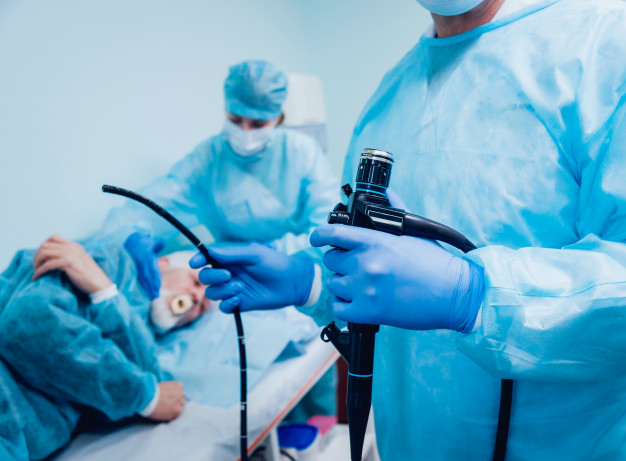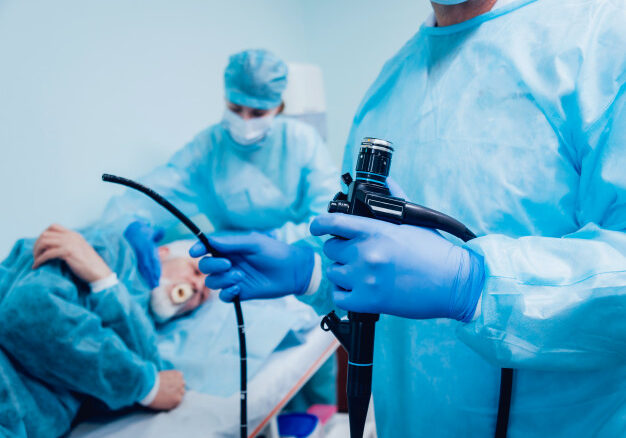- November 2, 2023
- Dr. Mandar
- Comment: 0
- Uncategorized

Welcome to GastroHub Hospital, your trusted partner in gastrointestinal health. In our ongoing
commitment to providing comprehensive care, we understand the importance of staying
informed about the latest advancements in the field of gastroenterology. One such
groundbreaking technology that has revolutionized diagnosis and treatment in our practice is
endoscopy.
In this blog, we’ll take you on a journey through the world of endoscopy, shedding light on its
various types, benefits, and how it plays a pivotal role in ensuring your digestive health.
Understanding Endoscopy
Endoscopy is a minimally invasive medical procedure that allows gastroenterologists to visualize
the inside of the digestive tract using a flexible, thin tube with a tiny camera at its tip called an
endoscope. This procedure is performed for both diagnostic and therapeutic purposes and is a
cornerstone in the field of gastroenterology.
Types of Endoscopy
- Upper Endoscopy (Esophagogastroduodenoscopy or EGD): This procedure involves
examining the esophagus, stomach, and the beginning of the small intestine. It’s
commonly used to diagnose conditions such as ulcers, gastroesophageal reflux disease
(GERD), and even early signs of cancer. - Colonoscopy: A colonoscopy is used to inspect the colon and rectum for abnormalities,
such as polyps or signs of colorectal cancer. It’s a crucial tool for early detection and
prevention. - Flexible Sigmoidoscopy: Similar to a colonoscopy, this procedure examines the rectum
and lower colon. It’s often used for screening purposes and to investigate symptoms like
bleeding or changes in bowel habits. - Endoscopic Ultrasound (EUS): EUS combines endoscopy with ultrasound technology
to obtain detailed images of the digestive tract and surrounding structures. It’s
instrumental in diagnosing and staging various gastrointestinal cancers. - Capsule Endoscopy: In this non-invasive procedure, patients swallow a tiny, disposable
camera in the form of a pill. As it travels through the digestive system, it captures images,
helping diagnose disorders like Crohn’s disease or small intestine bleeding.
Benefits of Endoscopy - Early Detection: Endoscopy enables the early detection of gastrointestinal disorders,
which is crucial for effective treatment and improved outcomes. - Minimally Invasive: Unlike traditional surgery, endoscopy is minimally invasive,
resulting in shorter recovery times, less pain, and reduced risk of complications. - Precision: Endoscopy provides real-time, high-definition images of the digestive tract,
allowing for precise diagnosis and targeted treatment. - Personalized Care: With endoscopy, your gastroenterologist can tailor your treatment
plan to your specific condition, ensuring you receive the most effective care. - Preventive Measures: Procedures like colonoscopies can prevent cancer by detecting
and removing precancerous polyps before they become malignant.
Conclusion
At GastroHub Hospital, we believe in offering the best possible care to our patients. Endoscopy is an
invaluable tool in our mission to provide accurate diagnoses, effective treatments, and
personalized care. By staying at the forefront of medical technology, we ensure that you receive
the highest standard of gastrointestinal healthcare.
If you have any questions about endoscopy or would like to schedule an appointment, please
don’t hesitate to contact us. Your digestive health is our priority, and we are here to support you
every step of the way.


